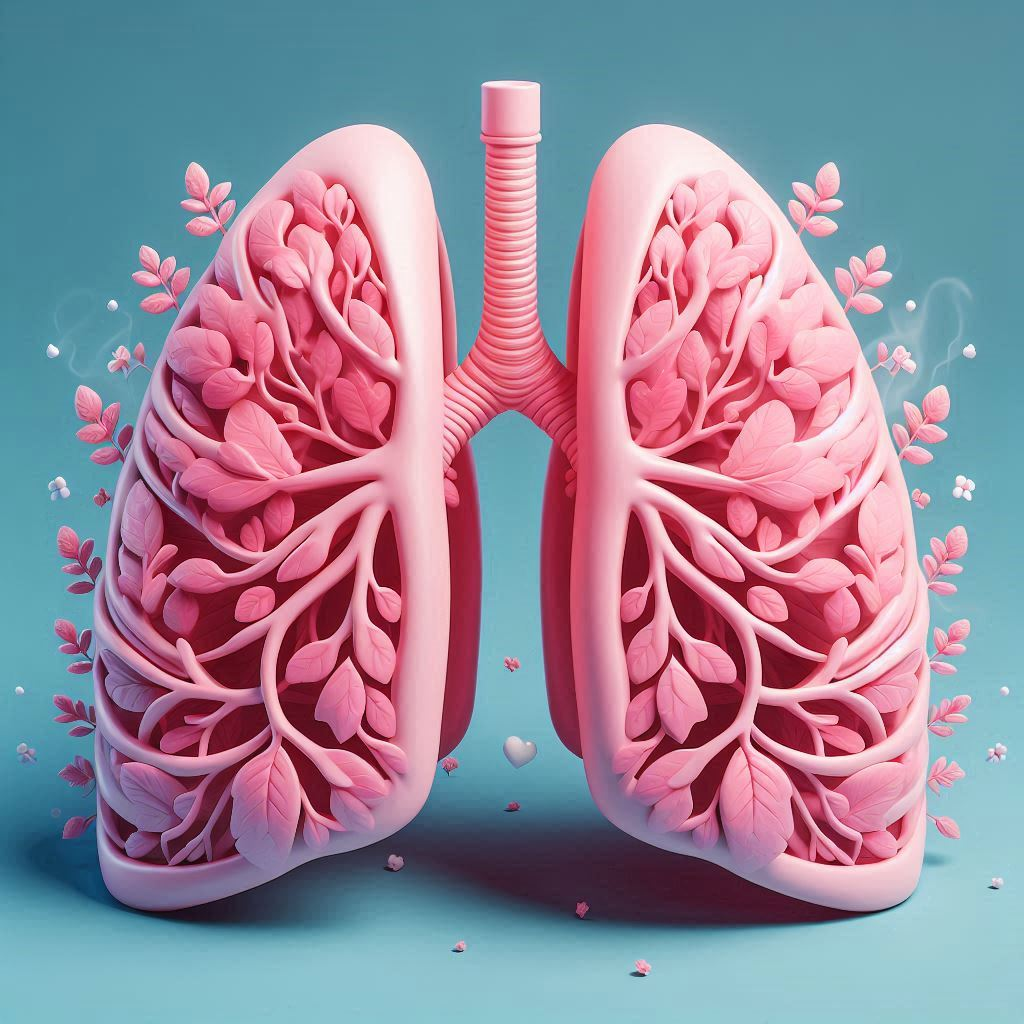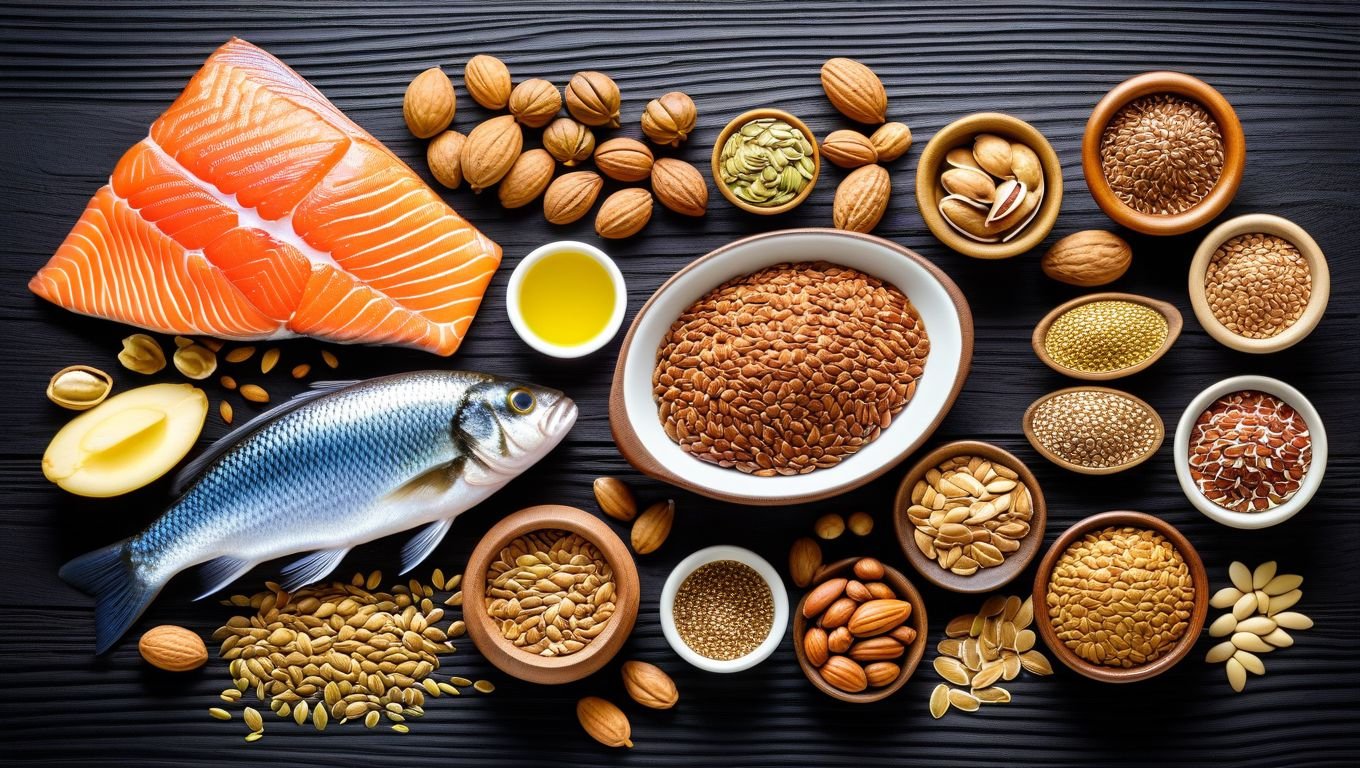
“5 Harmful Habits to Avoid During Illness”
“5 Harmful Habits to Avoid During Illness”
Discover 5 harmful habits to avoid during illness. Learn how to improve your recovery and avoid common health mistakes.”


Introduction
Brief Overview of the Importance of Avoiding Harmful Habits During Illness
When you’re feeling under the weather, it’s crucial to avoid certain habits that can hinder your recovery. By being mindful of these harmful habits, you can ensure a smoother and quicker healing process.
Explanation of How Certain Habits Can Hinder Recovery and Worsen Symptoms
Certain habits, such as skipping rest, ignoring hydration, overexertion, poor nutrition, and self-medicating, can exacerbate symptoms and delay recovery. Understanding and avoiding these habits can significantly improve your overall well-being during illness.

Habit 1: Skipping Rest
Importance of Rest for Recovery
Rest is essential for recovery as it allows your body to heal and conserve energy. During illness, your immune system works overtime to fight off infections, and adequate rest supports this process.
Consequences of Not Getting Enough Rest
Lack of rest can weaken your immune system, prolong illness, and increase the risk of complications. It can also lead to fatigue, irritability, and a slower recovery.
Tips for Ensuring Adequate Rest During Illness
- Create a Comfortable Sleep Environment: Ensure your bedroom is quiet, dark, and cool.
- Establish a Sleep Routine: Go to bed and wake up at the same time each day.
- Avoid Stimulants: Limit caffeine and electronic devices before bedtime.

Habit 2: Ignoring Hydration
Role of Hydration in the Healing Process
Hydration is crucial for maintaining bodily functions and supporting the immune system. It helps flush out toxins, regulate body temperature, and keep mucous membranes moist.
Effects of Dehydration on the Body
Dehydration can lead to dry mouth, dizziness, fatigue, and worsened symptoms. It can also impair the body’s ability to fight off infections and recover.
Tips for Staying Hydrated While Sick
- Drink Plenty of Fluids: Water, herbal teas, and clear broths are excellent choices.
- Avoid Dehydrating Beverages: Limit caffeine and sugary drinks.
- Monitor Hydration Levels: Check the color of your urine; it should be light yellow.
Habit 3: Overexertion
Dangers of Physical Exertion During Illness
Physical exertion can strain your body and delay recovery. It can also worsen symptoms and increase the risk of complications.
How Overexertion Can Delay Recovery
Overexertion can deplete your energy reserves, weaken your immune system, and prolong the healing process. It’s important to balance activity with rest to support recovery.
Tips for Balancing Activity and Rest
- Listen to Your Body: Rest when you feel tired and avoid strenuous activities.
- Engage in Gentle Movements: Light stretching or short walks can be beneficial.
- Prioritize Rest: Ensure you get plenty of sleep and relaxation.

Habit 4: Poor Nutrition
Importance of Proper Nutrition for Recovery
Proper nutrition provides the essential nutrients your body needs to heal and fight off infections. A balanced diet supports the immune system and promotes overall health.
Common Dietary Mistakes to Avoid
- Skipping Meals: Ensure you eat regular, balanced meals.
- Consuming Processed Foods: Avoid foods high in sugar, salt, and unhealthy fats.
- Neglecting Nutrient-Rich Foods: Focus on whole foods like fruits, vegetables, lean proteins, and whole grains.
Tips for Maintaining a Healthy Diet During Illness
- Eat Small, Frequent Meals: This can help maintain energy levels and prevent nausea.
- Include Immune-Boosting Foods: Citrus fruits, garlic, ginger, and leafy greens are excellent choices.
- Stay Hydrated: Drink plenty of fluids to support digestion and hydration.
Habit 5: Self-Medicating
Risks of Self-Medicating Without Professional Guidance
Self-medicating can lead to incorrect dosages, harmful interactions, and potential side effects. It’s important to seek professional advice before taking any medication.
Potential Side Effects and Complications
Improper use of medication can cause adverse reactions, worsen symptoms, and delay recovery. It can also lead to dependency and other health issues.
Importance of Consulting a Healthcare Provider
Consulting a healthcare provider ensures you receive appropriate treatment and guidance. They can recommend the right medications and dosages based on your specific condition.

Conclusion
Recap of the Five Harmful Habits to Avoid During Illness
- Skipping Rest: Ensure you get adequate rest to support recovery.
- Ignoring Hydration: Stay hydrated to maintain bodily functions and support the immune system.
- Overexertion: Balance activity with rest to avoid straining your body.
- Poor Nutrition: Maintain a healthy diet to provide essential nutrients for healing.
- Self-Medicating: Seek professional guidance before taking any medication.
Encouragement to Adopt Healthier Habits for a Quicker Recovery
By avoiding these harmful habits and adopting healthier practices, you can support your body’s natural healing process and achieve a quicker recovery.
Final Thoughts on the Importance of Self-Care During Illness
Self-care is crucial during illness to ensure a smooth and effective recovery. Prioritize rest, hydration, nutrition, and professional guidance to support your health and well-being.
FAQs
- Why is rest important during illness?
- Answer: Rest is crucial for recovery as it allows the body to heal and conserve energy. Lack of rest can weaken the immune system and prolong illness.
- How can I stay hydrated while sick?
- Answer: Drink plenty of water, herbal teas, and clear broths. Avoid caffeinated and sugary beverages, which can dehydrate you.
- What are the risks of overexertion during illness?
- Answer: Overexertion can strain the body, delay recovery, and worsen symptoms. It’s important to balance activity with adequate rest.
- What dietary mistakes should I avoid when sick?
- Answer: Avoid processed foods, sugary snacks, and excessive caffeine. Focus on nutrient-rich foods like fruits, vegetables, and lean proteins.
- Why is self-medicating dangerous?
- Answer: Self-medicating without professional guidance can lead to incorrect dosages, harmful interactions, and potential side effects. Always consult a healthcare provider.
- How can I ensure I get enough rest during illness?
- Answer: Create a comfortable sleep environment, establish a regular sleep schedule, and avoid stimulants like caffeine before bedtime.
- What are the signs of dehydration during illness?
- Answer: Signs of dehydration include dry mouth, dark urine, dizziness, and fatigue. It’s important to drink fluids regularly.
- Can poor nutrition affect my recovery?
- Answer: Yes, poor nutrition can weaken the immune system and slow down the healing process. Eating a balanced diet is essential for recovery.
- What should I do if I feel overexerted while sick?
- Answer: Listen to your body and rest. Avoid strenuous activities and focus on gentle movements like stretching or walking.
- When should I consult a healthcare provider during illness?
- Answer: Consult a healthcare provider if you experience severe symptoms, prolonged illness, or if you have concerns about your medication or treatment plan.
By adhering to these guidelines, you can facilitate your body’s natural healing process and expedite your recovery. It is essential to prioritize self-care, including rest, hydration, nutrition, and seeking professional advice to ensure a smooth and effective recuperation.




